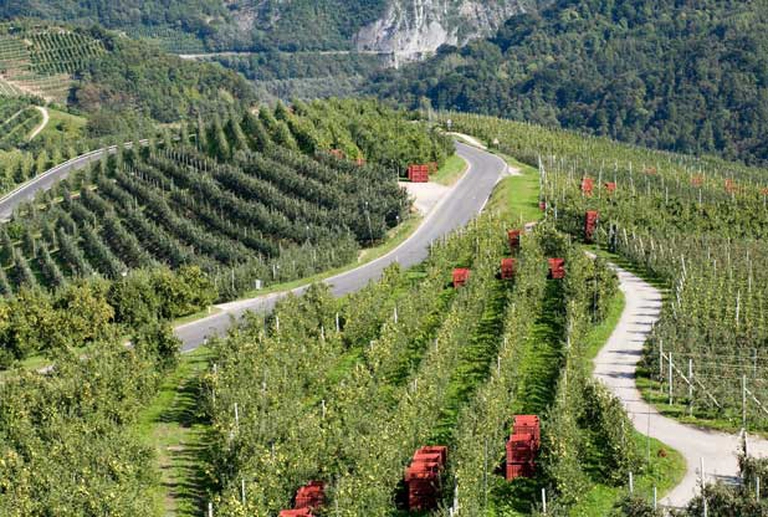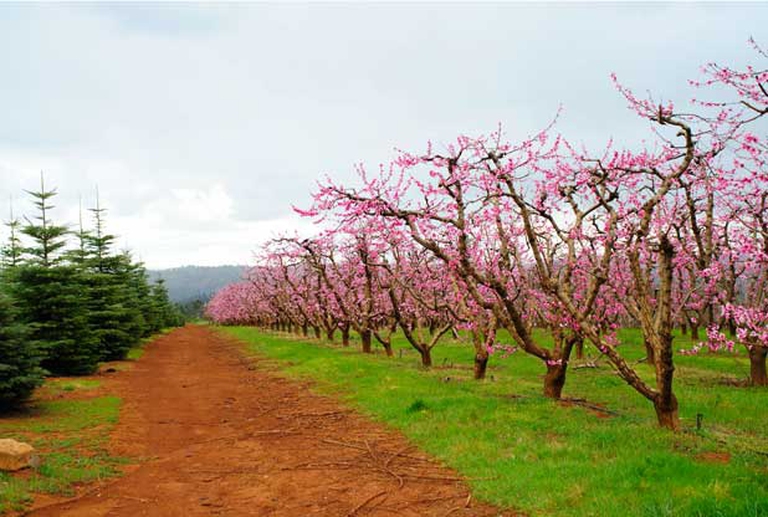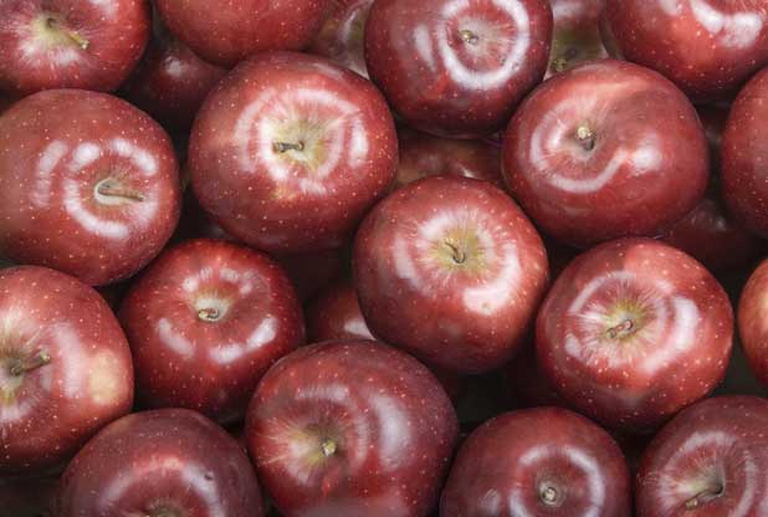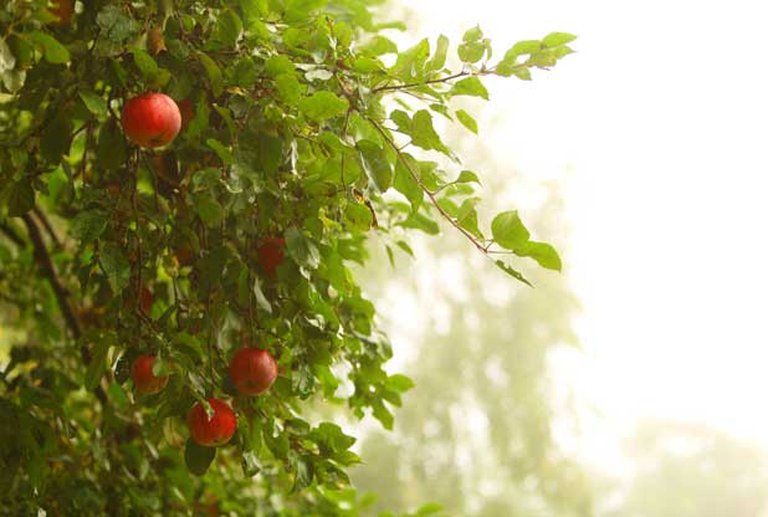
Factory farming conditions and antibiotic-resistant pathogens emerging as a result of them pose an existential threat to humans in the form of zoonotic diseases. Why it’s time to produce and consume food more thoughtfully.
Intensive apple production in Europe uses too much chemicals. The most frequentlly found substance was a fungicide and there are also seven types of pesticides not approved by the EU.
“The Bitter Taste of Europe’s Apple Production. An Analysis of Pesticides in European Apple Orchards and how Ecological Solutions can Bloom”. This is the title of the new report published by Greenpeace that includes the testing results of 85 water and soil samples taken to assess the presence of pesticide residues in the apple orchards of twelve European countries: Austria, Belgium, France, Germany, Greece, Hungary, Italy, Netherlads, Poland, Slovakia, Spain and Switzerland.

The analyses focused on 36 samples of water and 49 samples of soil, collected in March and April 2015 from conventionally managed apple orchards, in order to capture the situation at the start of blossoming. In all samples 53 different pesticides were found, while 78 percent of soil samples and 72 percent of water samples contained residues of at least one type of pesticides.

The most frequently found substance was the fungicide boscalid (it is contained in 38 percent of soil samples and 40 percent of water samples). Seven of the pesticides found during the tests are not approved by the EU but they can be used with exception authorisations. According to the report, 70 percent of the pesticides found have high toxicity for humans and the environment. In a single sample of Italian soil there were identified thirteen different chemicals; ten only in one water sample. “A real pesticide cocktail” according to the environmental association, that could be avoided thanks to the sustainable production of apple trees.

“Italy is one of the major European producers of apples. Moving away from a farming system highly dependent on chemicals is also essential to protect our farmers and their families who are directly exposed”, said Federica Ferrario, Agriculture Senior Campaigner & Special Projects at Greenpeace Italy. “The huge use of these substances in the intensive apple production is another failure of the industrial farming”.

“Greenpeace calls on EU governments to ban synthetic-chemical pesticides from Europe’s fields and scale up ecological farming by shifting subsidies from industrial agriculture where they belong – to ecological farming practices, supporting healthy farmers protecting soils and water” states Ferrario. “The good news is that ready-to-use solutions already exist and are being implemented by thousands of ecological farmers all over Europe. In order to scale up good practices, also retailers have to take their responsibility and start paying ecological prices to farmers, enabling them to shift to ecological farming”.
Siamo anche su WhatsApp. Segui il canale ufficiale LifeGate per restare aggiornata, aggiornato sulle ultime notizie e sulle nostre attività.
![]()
Quest'opera è distribuita con Licenza Creative Commons Attribuzione - Non commerciale - Non opere derivate 4.0 Internazionale.
Factory farming conditions and antibiotic-resistant pathogens emerging as a result of them pose an existential threat to humans in the form of zoonotic diseases. Why it’s time to produce and consume food more thoughtfully.
The world of cinema recognises the link between food choices and the climate crisis by offering vegan menus for awards season events, including at the most important of them all: the Oscars.
Let’s look at the reasons behind the growth of veganism in India, as a small yet vocal section of the population turns towards this diet and lifestyle in the largest milk producing country in the world.
by Jeffrey Y. Campbell, Manager of the Forest and Farm Facility at FAO In the Ecuadorian Amazon, Kichwa farmers grow dozens of products on tiny parcels of land. Their lands hum with biodiversity, yielding nutritious foods that have sustained families for generations. Wandering among fruit and nut trees and crops, these indigenous agroforesters fill their baskets
Mint has many health benefits, but in food it’s often accompanied by artificial green colourings. Instead, Galatea has created a green mint ice cream in a completely natural way.
We’re talking about Galatea, a company that produces semi-finished products for artisanal ice creams using high quality ingredients, natural colouring, excluding thickeners and hydrogenated fats, respecting the environment and supporting the less fortunate.
The mad rush to fake food, like fake meat made with genetically-modified soy, ignores the importance of the diversity of our foods and culinary cultures. It’s a recipe to accelerate the destruction of the Planet and our health.
Like with all foods, the quality of an ice cream can be discerned by reading its label. An expert explains how to do this, and tells us how their company steers clear of chemicals, using only natural ingredients to produce an excellent and “free” ice cream.
Quality ingredients, no artificial colouring and hydrogenated fats. These are the main features of a great ice cream. But what makes an ice cream parlour “good”, i.e. sustainable?







